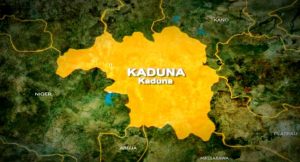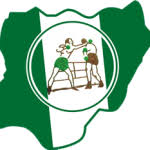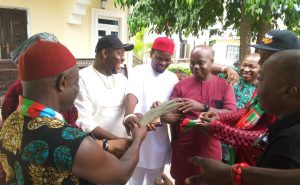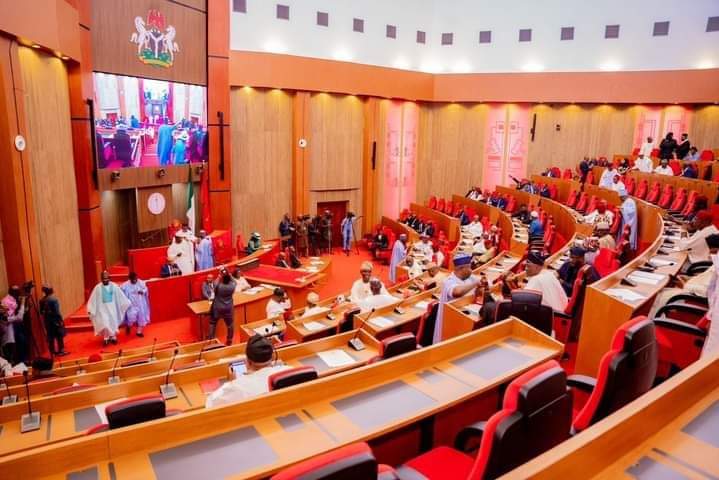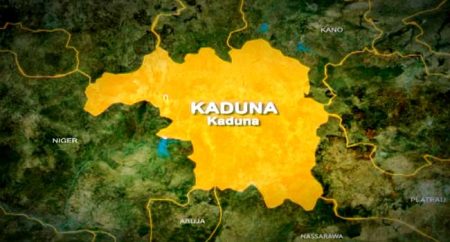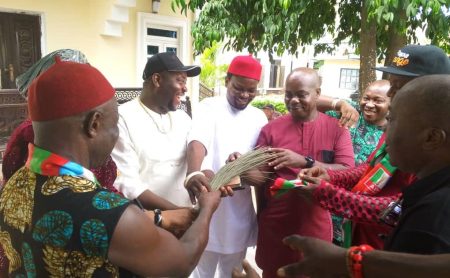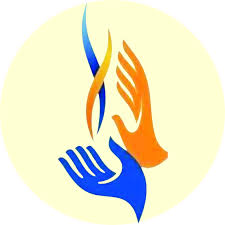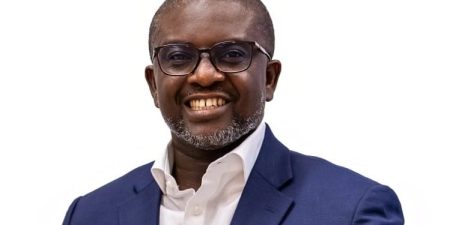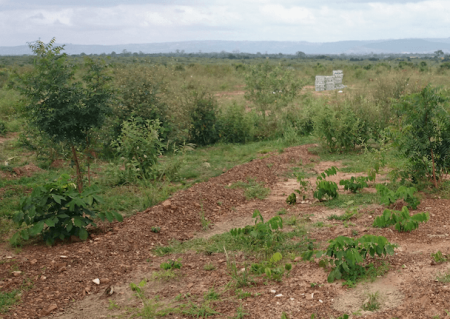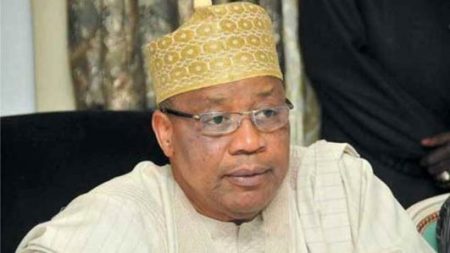Paragraph 1: Introduction
The Nigerian Senate and House of Representatives are set to hold public hearings on a series of controversial tax reform bills. These bills, which have already sparked heated debates, aim to overhaul the nation’s tax system, promising increased revenue generation for development initiatives. The Senate hearings are scheduled for February 24th and 25th, with the House following shortly thereafter. Senator Sani Musa, Chair of the Senate Committee on Finance, emphasized the bills’ importance for fiscal reforms and economic revival, aligning with President Tinubu’s vision for national development. The bills under consideration include the Joint Revenue Board Establishment Fund Bill, the Nigerian Revenue Services Bill, the Nigerian Tax Administration Bill, and the Nigerian Tax Bills.
Paragraph 2: Scope and Objectives of the Reforms
The proposed tax reforms seek to address key challenges in Nigeria’s revenue generation system, aiming to boost government income for investment in critical sectors like infrastructure, education, and agriculture. Senator Musa stressed the need to move Nigeria towards the economic standards of advanced economies, where sufficient funding supports development across various sectors. He highlighted the President’s commitment to non-interference in the legislative process, emphasizing the legislators’ responsibility to act in the best interests of the country. The public hearings are a crucial step in this process, allowing for diverse perspectives and ensuring the final legislation serves the national interest.
Paragraph 3: Public Hearing Arrangements and Participation
Both the Senate and House have made arrangements for broad stakeholder participation in the public hearings. The Senate has invited key government officials, including the Ministers of Finance, Trade and Investment, Petroleum, the Attorney-General, the FIRS Chairman, and the Statistician General. The House has established a special committee, led by Finance Committee Chair Abiodun Faleke, augmented by regional caucus leaders to ensure comprehensive representation. House spokesman Akin Rotimi clarified that all House members are welcome to participate, highlighting the importance of a collective approach. These extensive preparations underline the significance of these reforms and the commitment to gathering diverse input.
Paragraph 4: Diverse Reactions and Concerns
Reactions to the proposed reforms have been mixed. While some, like the Northern Youth Council of Nigeria, have voiced strong support, emphasizing the potential for a more equitable and efficient tax system, others have expressed serious concerns. The Coalition of Northern Groups has rejected the bills outright, accusing the government of attempting to "cripple" the northern region, and citing concerns about increased VAT, changes to the VAT sharing formula, and potential negative impacts on religious and cultural practices. This divergence of opinions underscores the complexity and sensitivity of the proposed reforms, highlighting the need for thorough discussion during the public hearings.
Paragraph 5: Individual and Regional Perspectives
Various stakeholders are preparing for the public hearings. Some traditional rulers, like the Mai Kaltungo of Gombe State, have confirmed their invitation and will participate. However, others, including several first-class chiefs from Adamawa State, and the Emir of Deba, have reported not receiving invitations. The Kwara Traditional Rulers Council also awaits an invitation, expressing a desire to contribute to the discussion. Meanwhile, the Middle Belt Forum, while open to attending, highlighted concerns about the revenue sharing formula within the proposed reforms. These varying levels of engagement highlight the broad range of stakeholders affected by these proposed changes.
Paragraph 6: Legislative Process and Future Outlook
The public hearings are a crucial step in the legislative process. Following the hearings, the committees will prepare reports, and the bills will be subject to further debate and voting in both chambers. A PDP lawmaker, speaking anonymously, cautioned against viewing the hearings as an endorsement, emphasizing that the House retains the power to amend or reject the bills. They also underscored the unprecedented level of scrutiny these bills have received, reflecting their potential impact. The legislative journey of these tax reform bills promises to be complex and closely watched, with the final outcome holding significant implications for Nigeria’s economic future.


